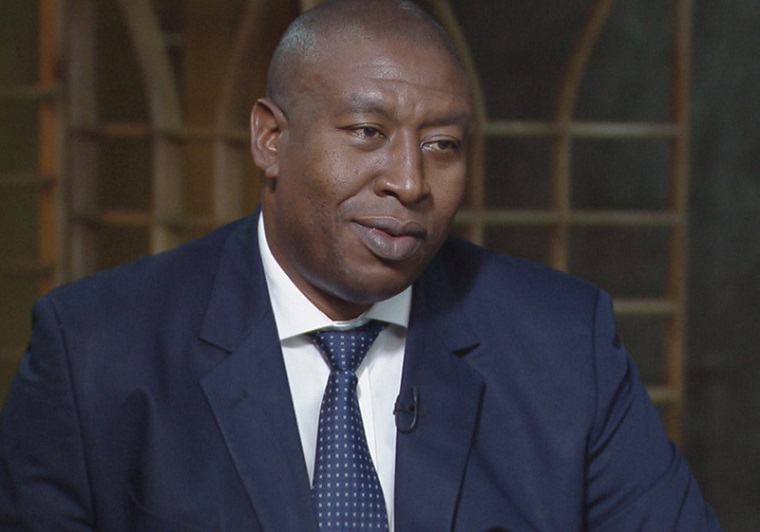By the CBP’s own admission, it does not need concrete evidence of forced labour to take action. According to the agency’s website, it can act when “information reasonably but not conclusively indicates” that merchandise was made from forced labour.
To get its information, CBP says it uses “news reports and tips from either the public or trade community” in addition to its own investigations.
“CBP works extensively with our stakeholders, the media, and private sector businesses to gather information on forced labour in global supply chains and educate importers on U.S. compliance standards,” said Todd Owen, Executive Assistant Commissioner, CBP Office of Field Operations.
For activists pushing for more transparency in mining, the CBPs’ move could be a setback. Through pressure, government has recently agreed to measures to end years of opaque dealings in the industry.
“Our government loves excuses, and this just gives them reason to say ‘we can’t work with you (civil society) if you’re calling for such measures on the country,” a lawyer who is part of a group working for mining community rights said.
“It’s a puzzling decision because this (forced labour) has never come up. We had made some progress on pushing for transparency. We are pushing for implementation.”
Over the past year, Zimbabwe has agreed to move towards the implementation of the Extractive Industry Transparency Initiative (EITI), a global industry standard that will compel more disclosure on mineral earnings.
Government has also been pressured into reforms on the modernisation of the mining title administration system, including the mining cadastre system that would clean up Zimbabwe’s messy mine claims registry.
The Zimbabwe government says the CBP must put up the evidence of forced labour.
“We have commercialised diamond mining in Marange, we have commercial companies that are into extraction, cutting and polishing of diamonds, and all our diamonds are sold through the Minerals Mining Corporation of Zimbabwe,” said deputy Mines Minister Polite Kambamura.
The latest US measure was an unexpected escalation in its war against Marange diamonds.
In 2010, the influential New York-based Rapaport Diamond Trading Network instructed its members to boycott the Marange stones, citing alleged human rights abuses.
Then a year later, on December 9 2011, the US Treasury Department’s Office of Foreign Assets Control (OFAC) imposed sanctions on Marange Resources and Mbada Diamonds – two companies in which the state-owned Zimbabwe Mining Development Corporation (ZMDC) had interests.- NewZwire
(238 VIEWS)



So you got what you wanted and you now act as if you are in sympathy , idiot